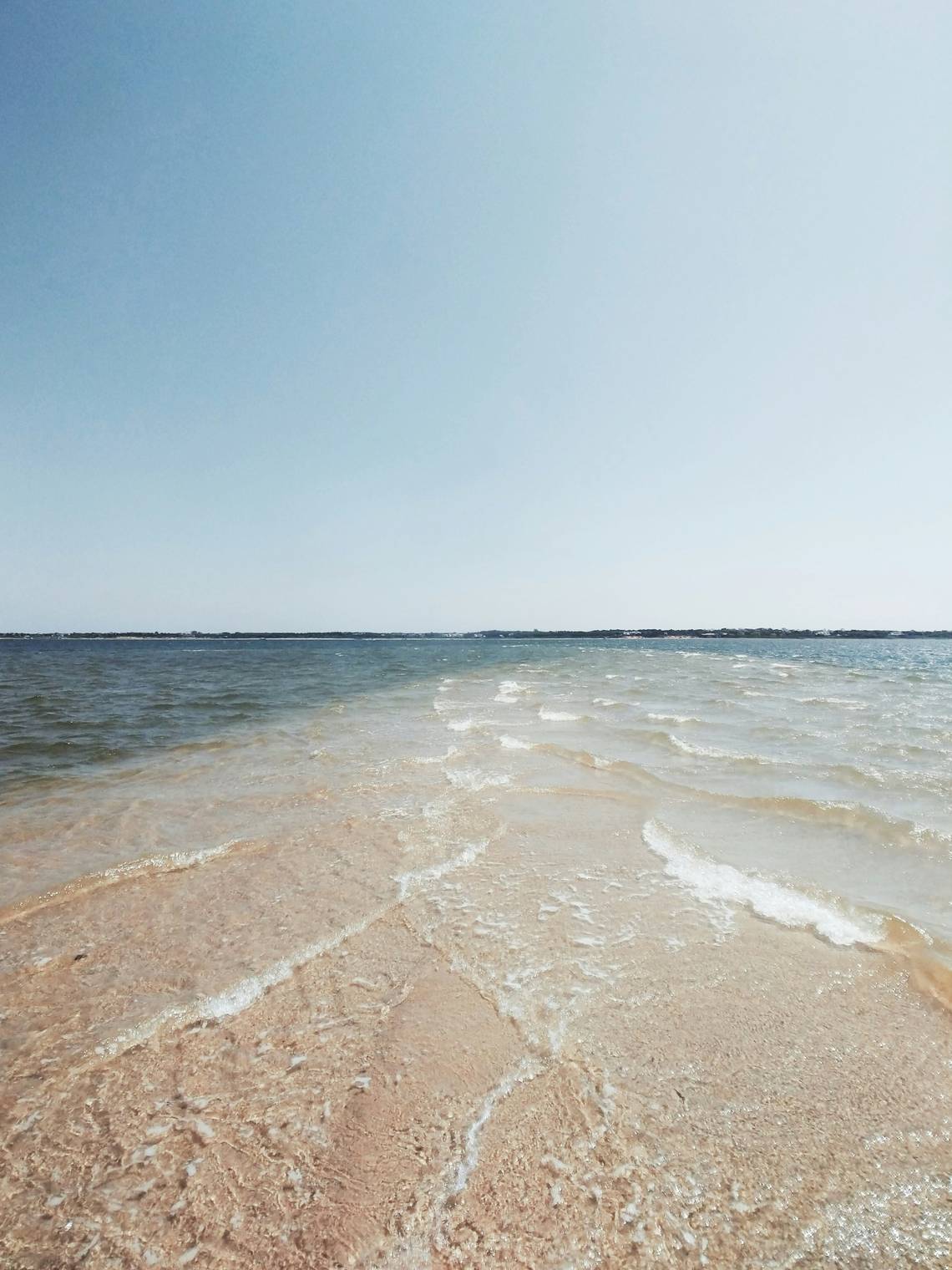A 41-foot giant lay lifeless on the beach. Passersby walking along the Marblehead, Massachusetts, shore saw her. Soon, crowds began to gather.
The creature was a young adult humpback whale, The Salem News reported. Her cause of death was not clear.
What was even more curious was that this sub-adult humpback was the second dead whale found in Massachusetts just that day, according to Patch.com. That morning, a 24-foot minke whale was found along Nantucket, according to the Marine Mammal Alliance Nantucket. The organization didn’t list a cause of death.
These two deaths on April 25 are part of a much bigger story. Since 2016, National Oceanic and Atmospheric Administration Fisheries has been investigating something called an “unusual mortality event” for large whales along the Atlantic Coast.
Of the dead whales NOAA has examined since declaring the event, “about 40 percent had evidence of human interaction, either ship strike or entanglement,” the organization said. This seems to be the pattern found among several species of whales.
Other organizations attribute the event to other causes such as mass starvation caused by a marine heatwave, according to the Smithsonian Magazine.
NOAA says the most important thing people can do to help is to report any sightings of “live whales in distress or stranded or dead whales.”
If you do come across a sight like this, call the Greater Atlantic Marine Mammal Stranding Hotline at 866-755-6622, call the Southeast Marine Mammal Stranding Hotline at 877-433-8299 or contact the U.S. Coast Guard. “Do not approach or touch injured or dead marine mammals,” NOAA says.
Only 360 of these whales remain. Video shows newborn ‘vital’ to recovery of species
Rescuers struggle in ‘harsh conditions’ to save 11 stranded dolphins off Cape Cod
Trio tried to sell thousands of pounds of infected crab from Alaska in Seattle, feds say
